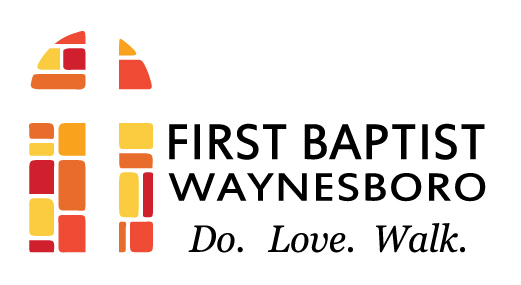An Overview
The Psalter . . . a seemingly random collection of thoughts and prayers and songs . . . but it’s anything but. It is a collection of 150 poems spanning decades organized into a retelling of Israelite history. And the more you read it, the more you realize how masterfully crafted they are in shaping a framework for how not only the Israelites understand God, but how we can too.
Scholars divide the Psalms into two major categories: A Psalm of Praise or a Psalm of Lament. Each can be subdivided as an individual or communal praise and lament.
For instance, Psalm 30: “I will extol you O Lord, for you have drawn me up.” Psalm 23: “The Lord is my Shepherd. I shall not want.” These are individual psalms of praise.
The communal hymns of praise are different. They speak from the collective voice of Israel. Psalm 33: “Rejoice in the Lord, all you righteous. Praise the Lord with the lyre. Sing to him a new song. Our soul waits for the Lord. He is our help and shield. Our hearts are glad in him.”
Laments, though, speak to the tragedy and the plight of God’s people. They hold deep, emotional pain and show us it’s ok to carry our burdens and anxieties and troubles to God. These hymns remind us we don’t have to placate our fear or mask our frustration. We can carry our burdens and pains to God. And I think lament is one of the most therapeutic offerings the Bible gives to us today.
For instance, here is a communal lament from Psalm 12. “Help, O Lord, for there is no longer anyone who is godly, the faithful have disappeared from humankind. They utter lies to each other; with flattering lips and doable heart they speak. May the Lord cut off all faltering lips, the tongue that makes great boasts.”
And this is an individual lament from Psalm 6: “O Lord, do not rebuke me in your anger, or discipline me in your wrath. Be gracious to me, O Lord, for I am languishing; O Lord, heal me, for my bones are shaking with terror. Turn, O Lord, save my life.”
These major themes make up almost 2/3s of the Psalter and show us that these poems exist not as a shallow form of faith or pie in the sky, but, rather, faith tested. They show us that despite our pain, despite our fear, even in the face of evil or hate and hurt . . . our God reigns. And we can find the resolve that helps our faith declare, “No matter what, I’ll give thanks to the Lord for he is good, his love endures forever.”
Pastor Barrett

